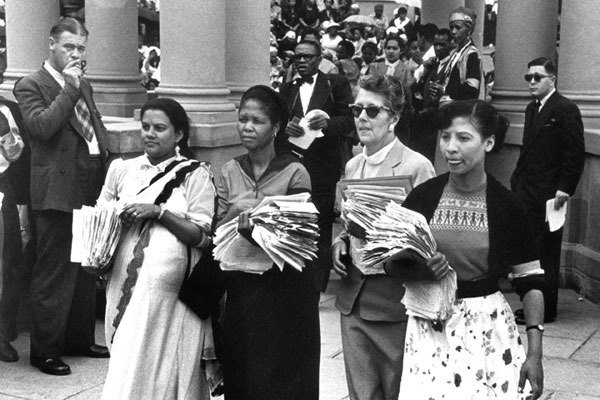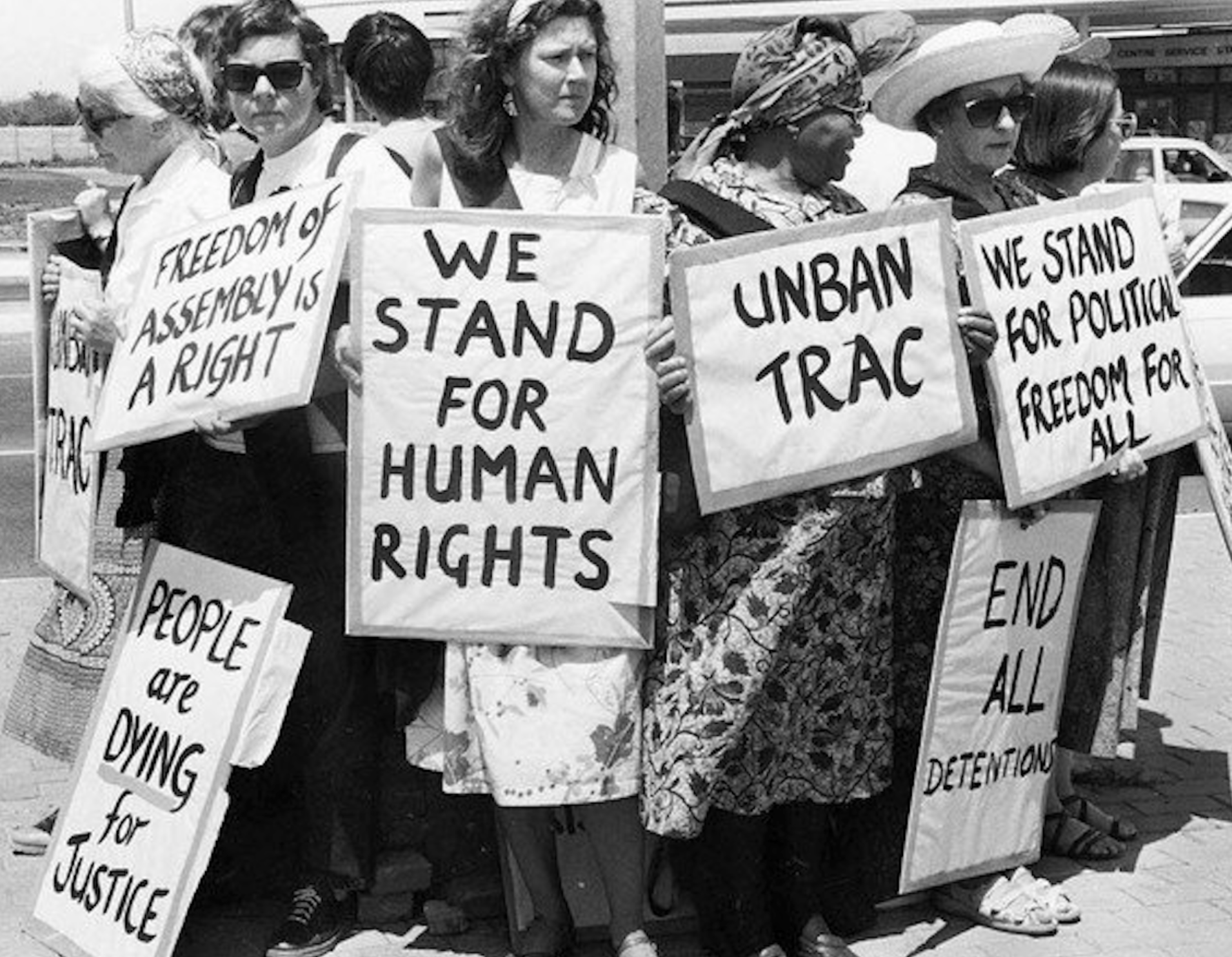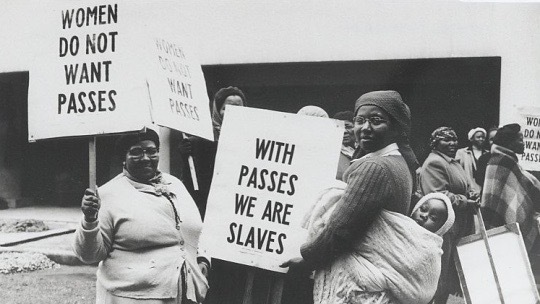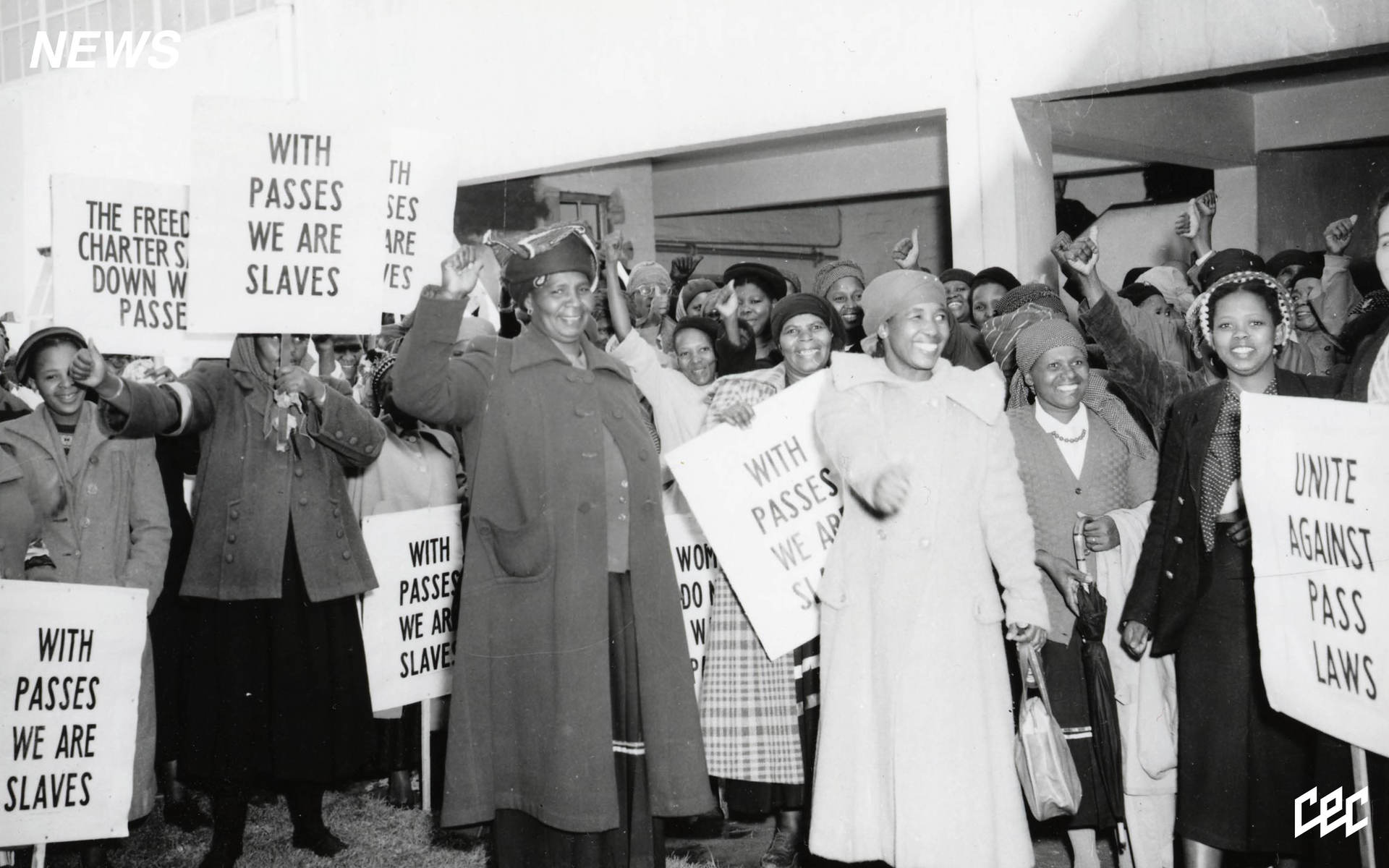On August 9, 1956, South African women marched to the Union Building, marking one of the first marches that set the tone for protest in the decades to come as our country went through apartheid and subsequent democratisation. Around 20,000 women (a staggering amount and level of mobilisation for its time) from various racial and ethnic backgrounds gathered in Pretoria, to protest against the extension of the Pass Laws to women. This protest marked a pivotal moment in the struggle against apartheid and the systematic racial segregation enforced by the government – while bringing together a variety of women that the state had aimed to separate and divide.
The Pass Laws were a set of discriminatory regulations that required non-white people, particularly black South Africans, to carry identification documents (passes) at all times. These laws restricted movement and subjected them to harsh control measures, forming the backbone of the apartheid government’s racially motivated authoritarian regime. Prior to 1956, these laws primarily targeted men, but it became known that the state was planning to extend them to include women as well. Led by a coalition of organisations, including the Federation of South African Women (FEDSAW), the women gathered at the Union Buildings, the official seat of the South African government, to voice their opposition to this proposed extension.
Marching peacefully and bearing petitions containing thousands of signatures, the women delivered their petitions to the then Prime Minister J.G. Strijdom’s office within the Union Buildings. The event received significant attention from both local and international media and highlighted the resilience and unity of South African women in the face of racial discrimination and gender inequality.

South African History Online

National Library of South Africa

The Women’s March of 1956 showcased the crucial role that women played in the struggle for freedom and equality in South Africa. Their collective action demonstrated the power of nonviolent protest and mobilisation in challenging unjust laws and policies, eventually contributing to the eventual dismantling of apartheid in 1994 and the establishment of a democratic South Africa. The march is now commemorated annually as National Women’s Day on 9th August in South Africa, while the entire month is dedicated to commemorating women in the country. May we never forget their resilience and determination as we create the future of South Africa.
Feature Image Courtesy of National Library of South Africa














